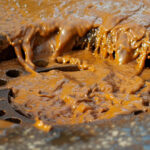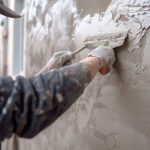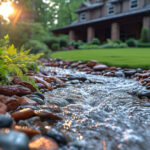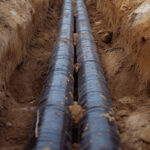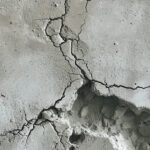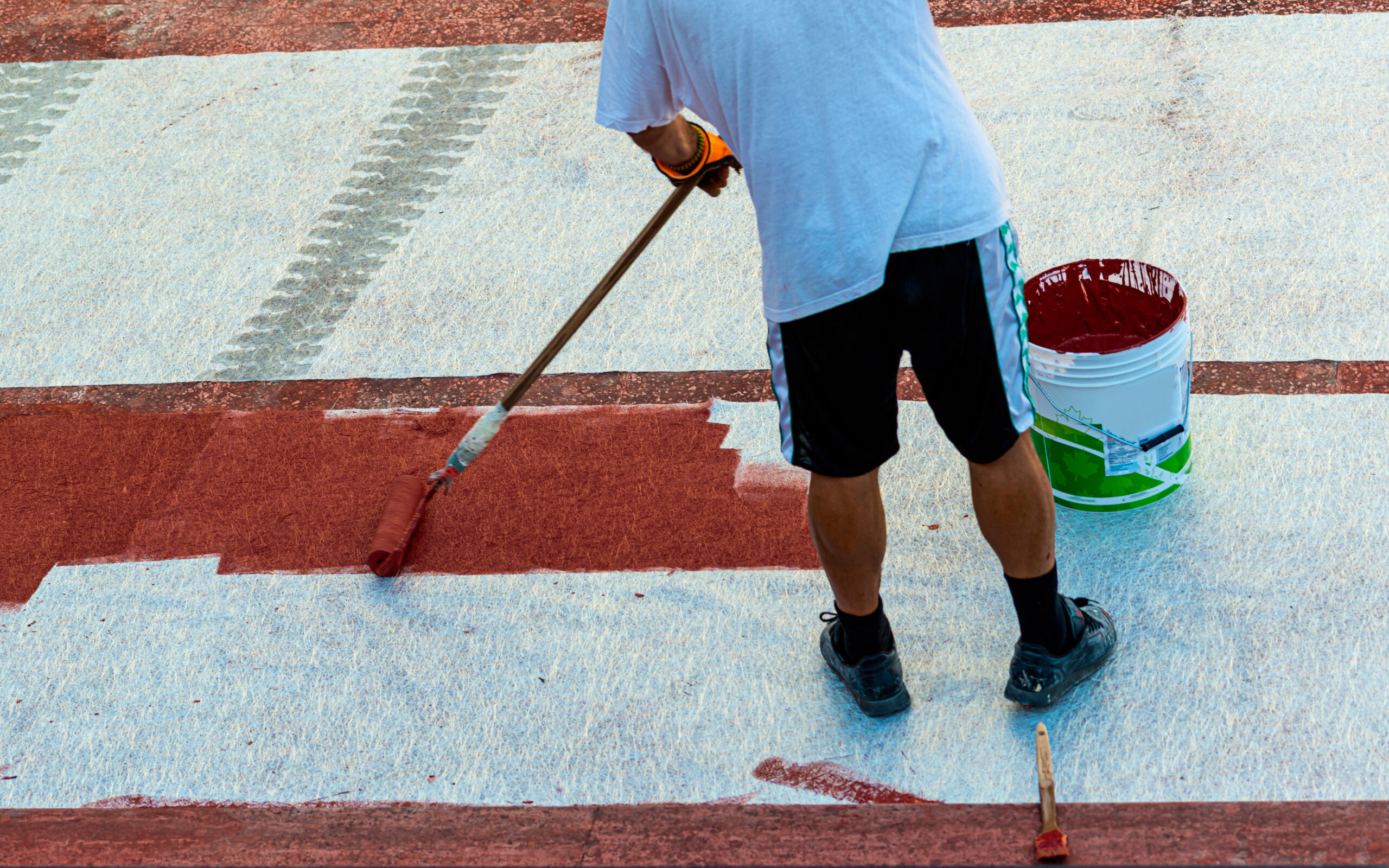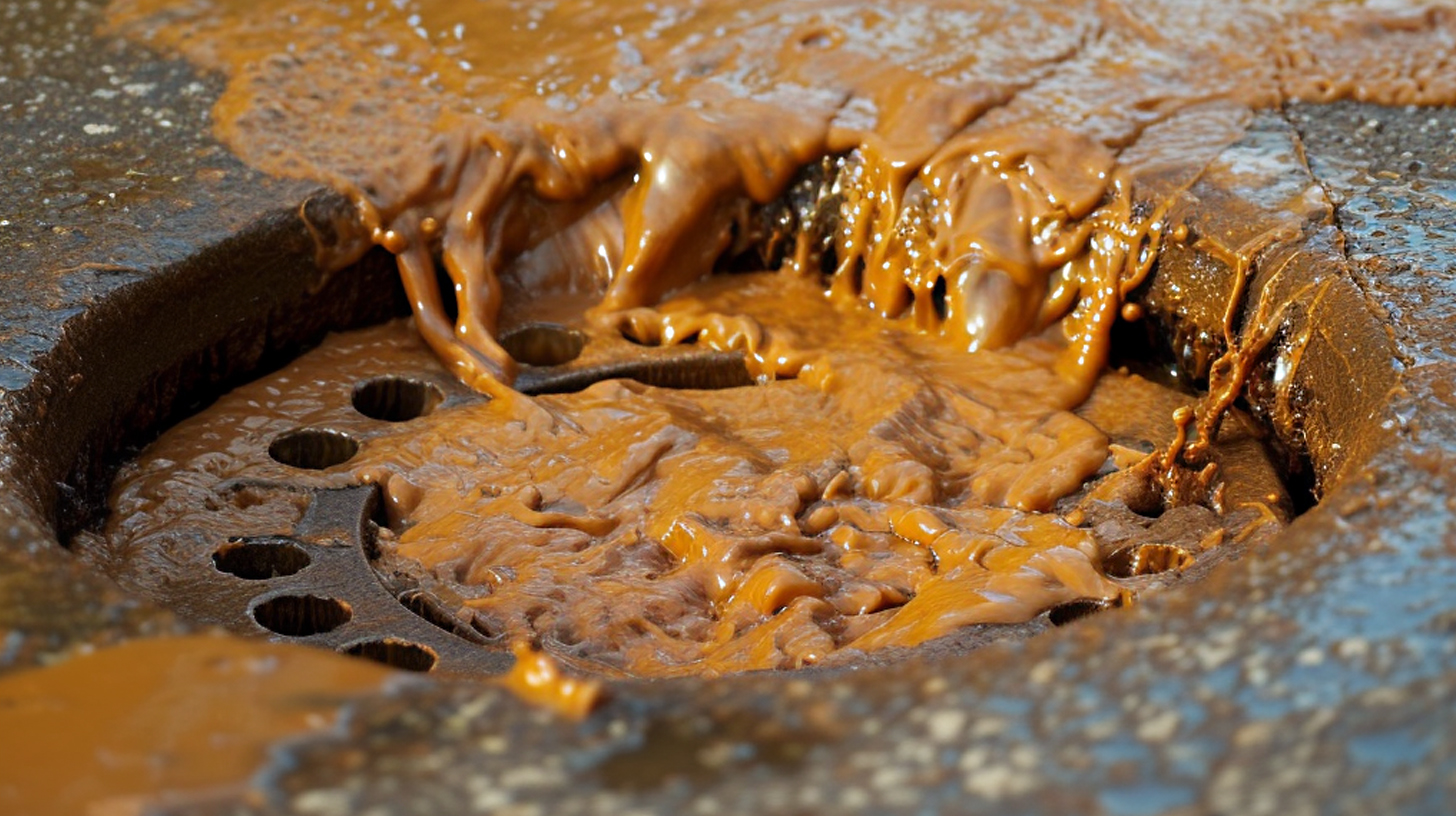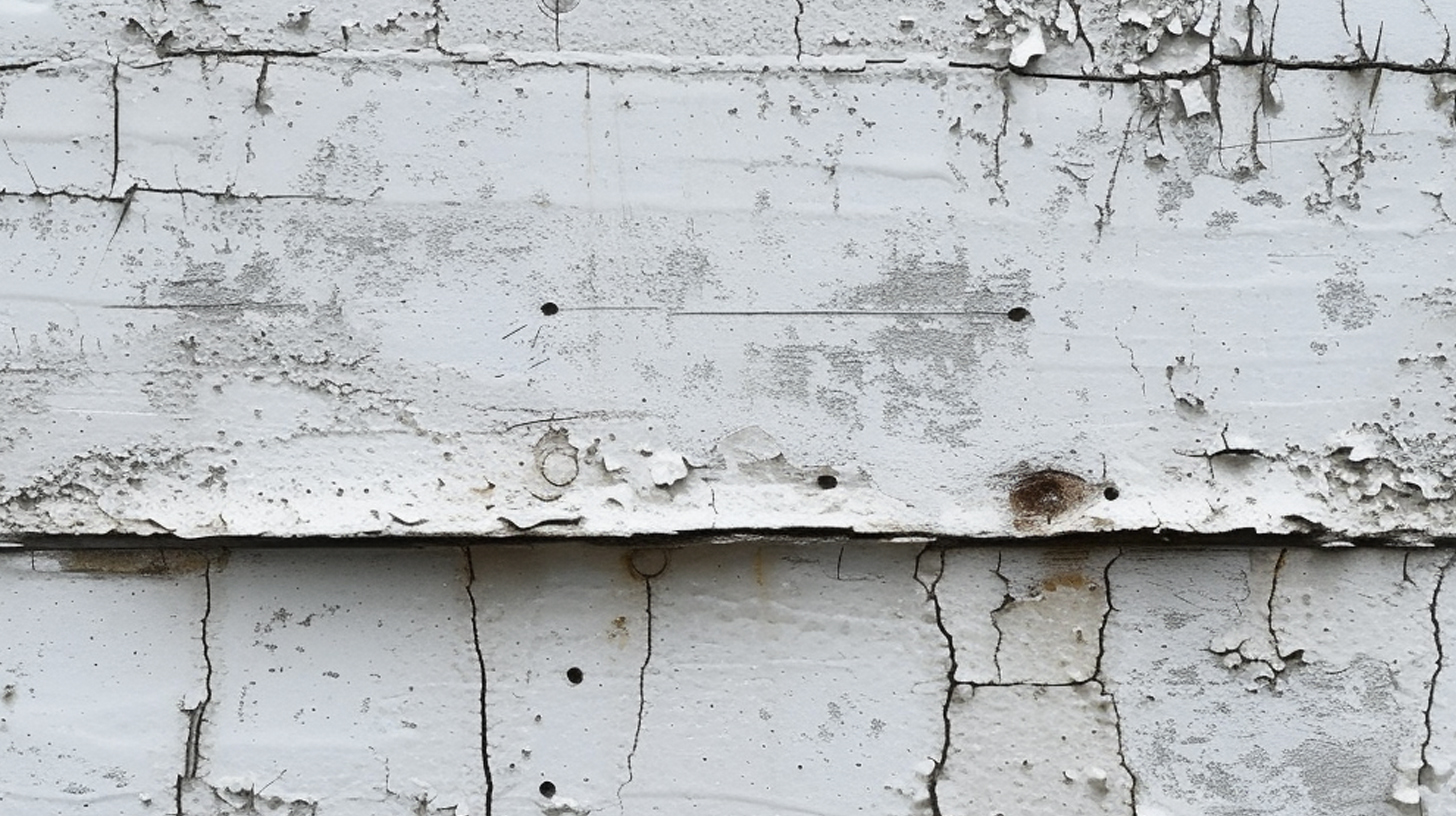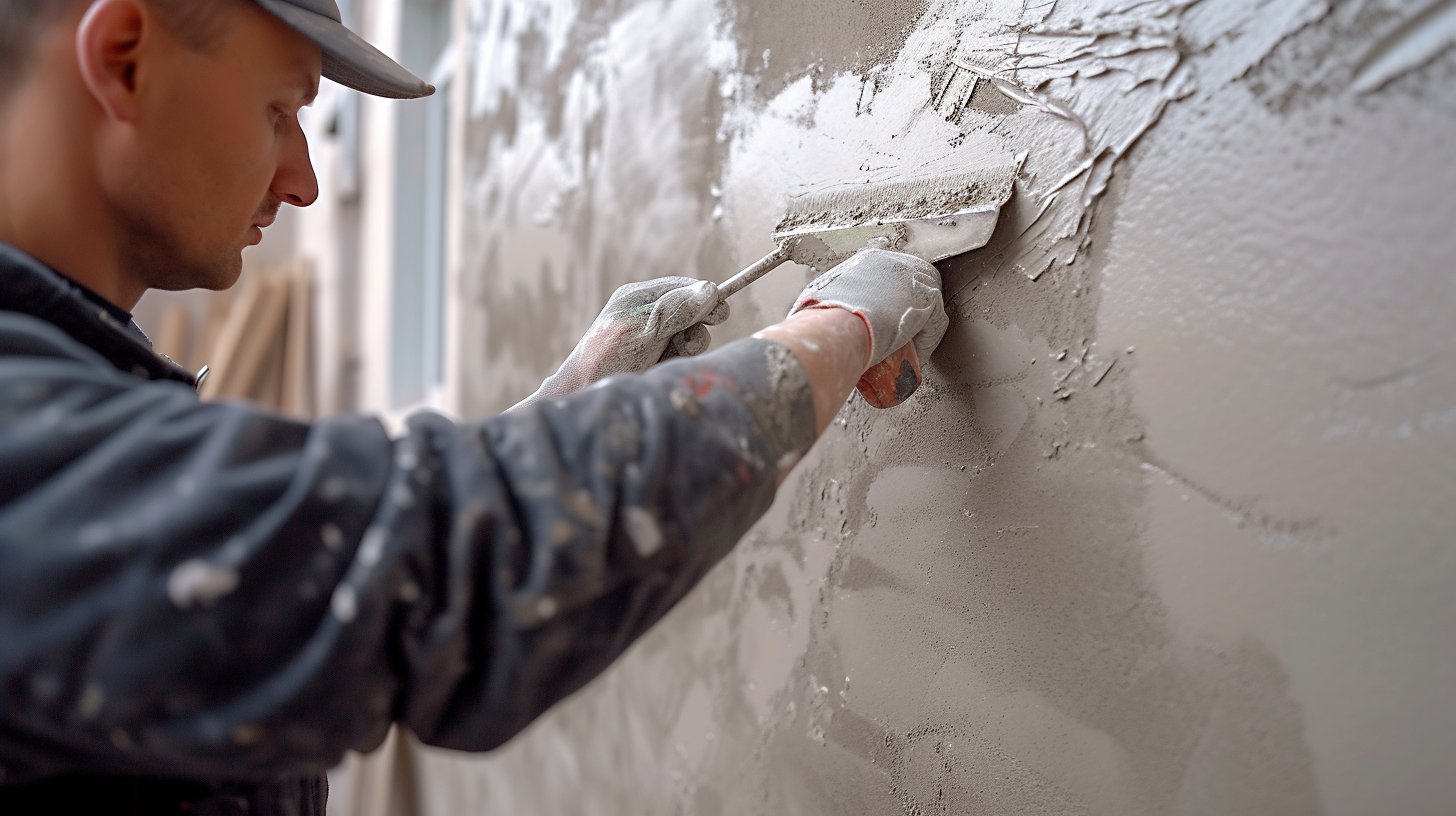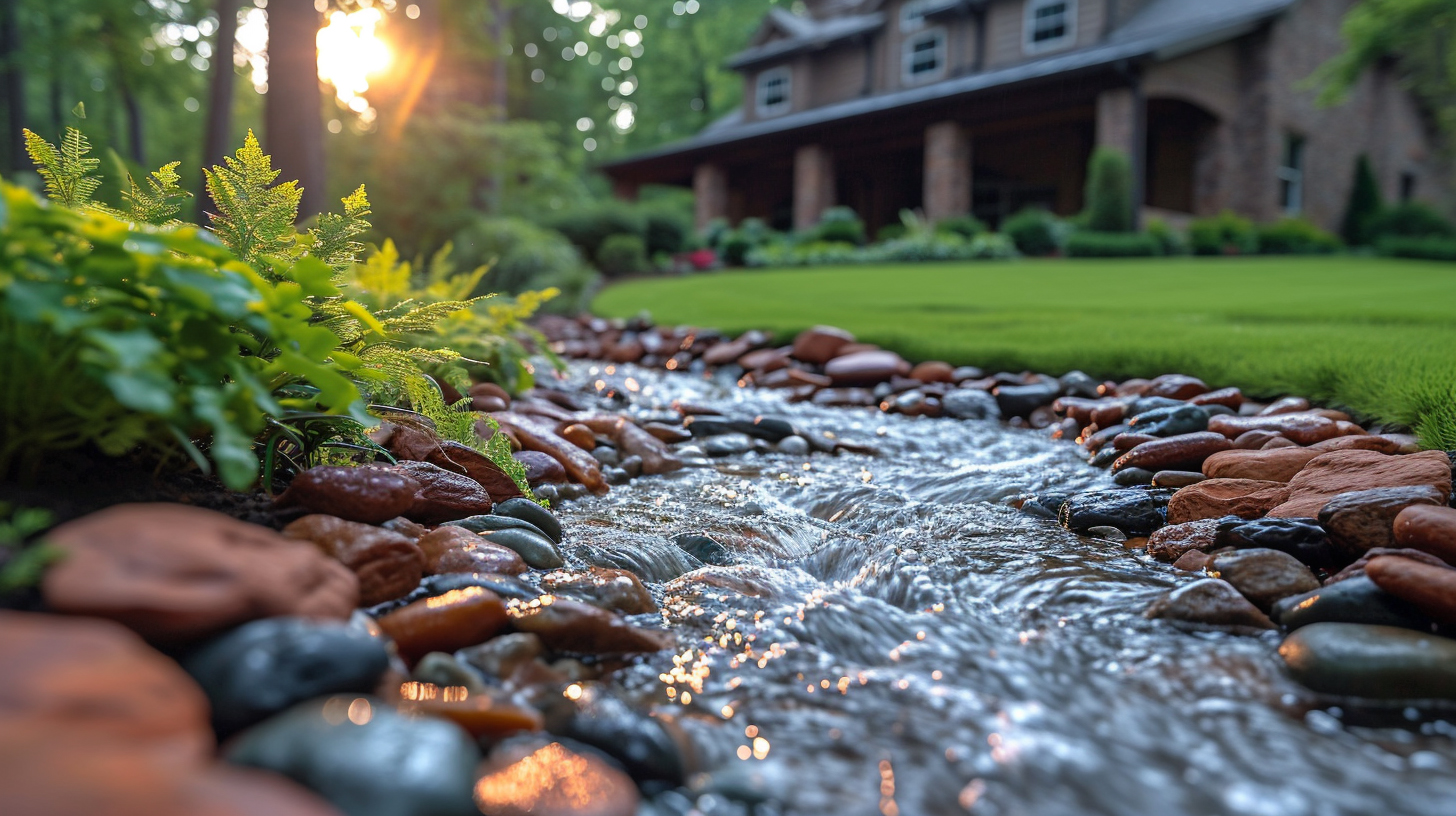Understanding the Need for Waterproofing Concrete
Alright, let’s talk about something that might not be the most exciting topic, but it’s super important – waterproofing concrete. I know, I know, it’s not the sexiest subject, but trust me, it’s a big deal.
First off, why the heck do we even need to waterproof concrete? Well, concrete is naturally porous, which means it can soak up water like a sponge. And that’s a problem, because water can cause all sorts of issues, like cracks, crumbling, and even mold. Not a good look, am I right?
But when you waterproof that concrete, it creates a barrier that keeps the water out. And that means your concrete stays in tip-top shape, no matter how much Mother Nature tries to mess with it. Plus, it can actually extend the life of your concrete structures, which is a win-win for everyone.
So, if you’re dealing with any concrete moisture issues, or you just want to make sure your concrete is going to last, waterproofing is the way to go. It’s a small investment that can pay off big time in the long run. Trust me, your future self will thank you.
Different Methods of Waterproofing Concrete
Alright folks, let’s talk about how to keep that concrete nice and dry, shall we? There are a few different methods you can use to waterproof your concrete, and we’re gonna run through ’em.
First up, you got your concrete sealers. These are like a protective coating you can slap on there to block out the water. They come in all sorts of flavors, from acrylics to epoxies, so you can find one that fits your needs.
Next, you got your waterproofing membranes. These are like a fancy blanket you wrap around the concrete to keep the moisture at bay. They’re made of stuff like PVC or rubberized asphalt, and they create a solid barrier against water.
And let’s not forget about those concrete waterproofing admixtures. These are little additives you mix right into the concrete itself, and they help make the whole thing more water-resistant. Handy stuff, if you ask me.
So there you have it, folks – a few different ways to make sure your concrete stays high and dry. Just gotta pick the method that works best for your project and get to work. Easy peasy!
Step-by-Step Guide to Waterproofing Concrete Surfaces
Alright, let’s talk about waterproofing those concrete surfaces, shall we? This is a super important step, especially if you want to keep that moisture at bay and protect your precious concrete investments.
First things first, you gotta make sure that concrete is prepped and ready to go. Give it a good clean, get rid of any dirt, debris, or loose bits – you want that surface nice and smooth. Then, you’ll want to apply a primer or sealer to help the waterproofing stuff really stick.
Now for the fun part – the actual waterproofing! There are a few different options out there, so do a little research to figure out which one works best for your needs. You can go with a liquid membrane, a sheet membrane, or even a cement-based coating. Just make sure to follow the instructions to a T for best results.
Once that’s all done, you can sit back, relax, and enjoy your nice, dry, waterproof concrete surfaces. No more worrying about leaks or moisture damage – you’ve got this in the bag, my friend.
Choosing the Right Waterproofing Products for Your Concrete
Alright folks, let’s talk about keeping your concrete high and dry, shall we? When it comes to waterproofing your concrete, you gotta make sure you’re using the right products. No one wants a soggy mess on their hands, right?
First off, you’ve got your basic waterproofing coatings – these are like the superheroes of the concrete world, creating an impenetrable barrier against water. Then there are the waterproof membranes, which are like the sidekicks, sealing up any cracks or gaps.
And let’s not forget about the concrete admixtures – these little guys get mixed right into the concrete, making it water-resistant from the start. It’s like having a built-in defense system, pretty neat stuff.
Now, the key is to figure out which of these waterproofing solutions is the best fit for your specific concrete needs. Maybe you’ve got a basement that’s prone to flooding, or an outdoor patio that needs to withstand the elements. Whatever the case may be, do your research and choose wisely, my friends.
Maintenance and Troubleshooting for Waterproofed Concrete
Keeping that waterproofed concrete in tip-top shape doesn’t have to be a headache. Whether you’ve got some cracking, leaking, or other issues, we’ve got your back.
First off, regular maintenance is key. Give your waterproofed concrete a once-over every so often to catch any problems early. Look for cracks, holes, or other damage and get on it right away before it turns into a bigger hassle.
Now, if you do run into some trouble, don’t stress. Repairing waterproofing on concrete is totally doable. Patch up any cracks or holes, and make sure to use the right materials so it lasts. And if the whole waterproofing system is shot, you may need to re-waterproof the whole shebang.
The bottom line is, a little TLC goes a long way with waterproofed concrete. Stay on top of maintenance, act fast if issues pop up, and you’ll keep that concrete bone-dry for the long haul. Easy peasy!
Enjoy a Lifetime of Dry, Durable Concrete with Proper Waterproofing
Alright, let’s wrap this up! If you want your concrete to last a lifetime, waterproofing is key. Seriously, don’t skip this step – it’ll save you a ton of headaches down the line.
Proper waterproofing keeps that concrete bone-dry, no matter what Mother Nature throws at it. Rain, snow, you name it – your concrete will shrug it off like a champ. Plus, it prevents cracks, crumbling, and all that other nasty stuff that makes your project look, well, not so hot.
So do yourself a favor and get that waterproofing sorted out. Your future self (and your wallet) will thank you. Trust me, it’s an investment that pays off big time in the long run. Now go forth and build something awesome!
